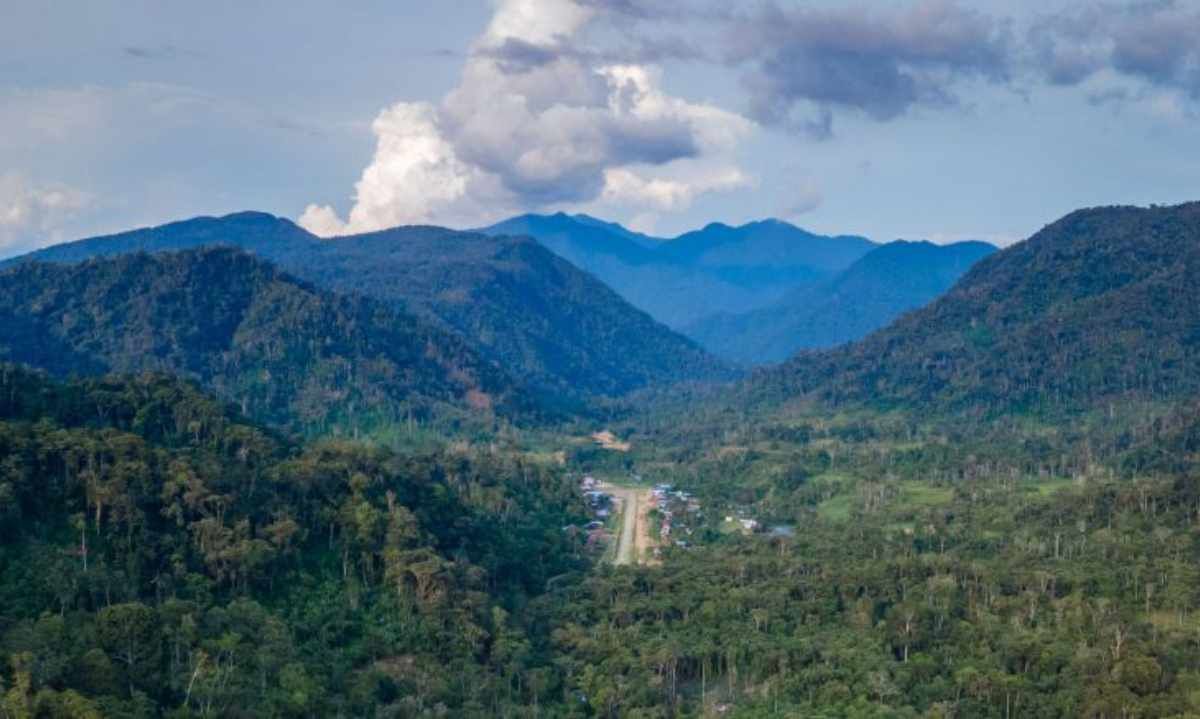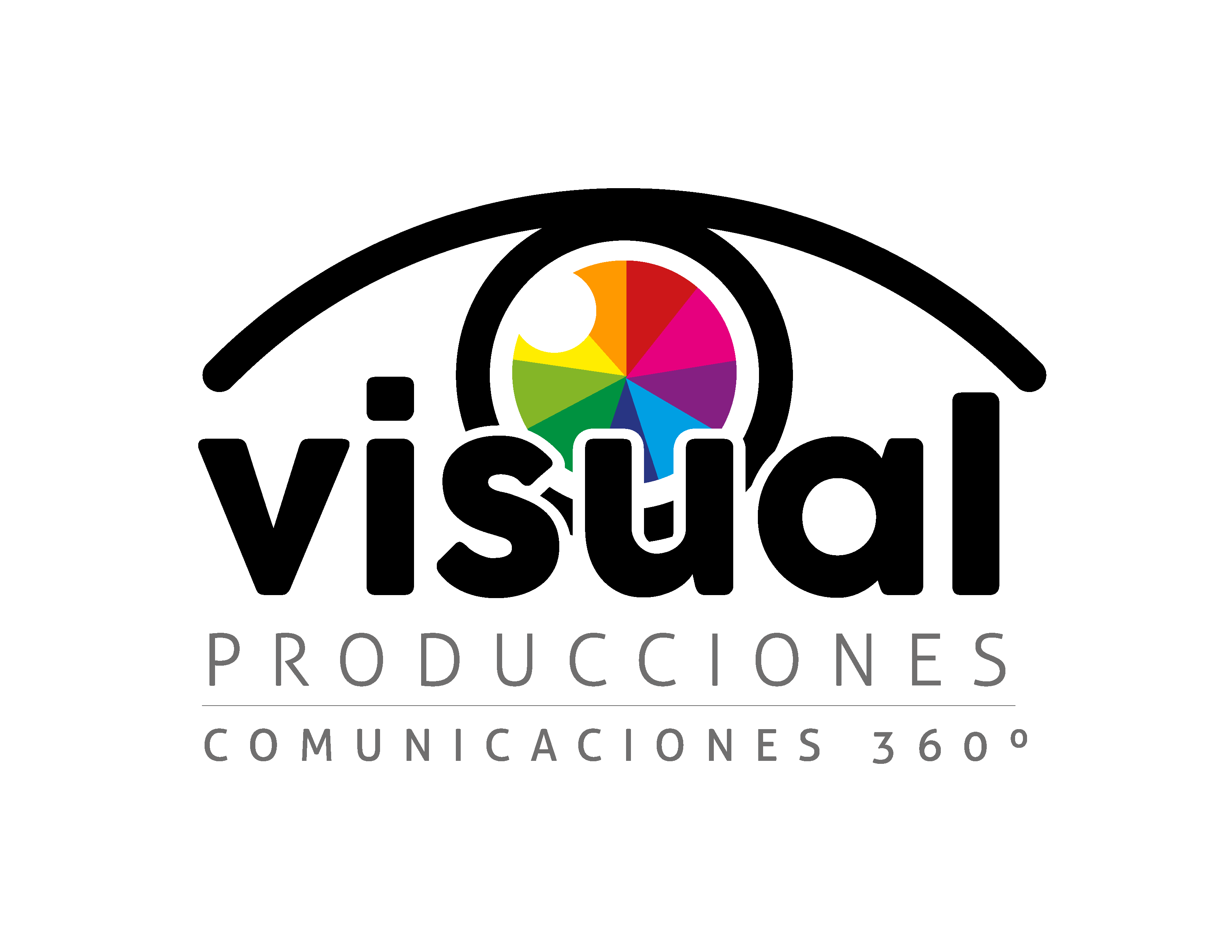
The move marks an effort to get around Canadian regulatory controls that industry players said was bound to happen amid inconsistent and overbearing reactions to Chinese investment.
Solaris Resources (TSX: SLS; NYSE: SLSR) is taking the first steps towards moving its head office to Quito, Ecuador’s capital, almost four months after it blasted a Canadian national security review for killing a $130-million deal with China’s Zijin Mining.
“Solaris is continuing to evaluate further steps to complete a greater transition to Ecuador,” from where some of its senior management will work, the company said in a news release on Monday.
The announcement came alongside news that Solaris has submitted an environmental impact assessment to the Ecuadorian government for construction of its Warintza copper project in the country’s southeast.
Solaris shares gained 3.8% to $2.70 apiece on Monday, valuing the company at $440.7 million. Its shares traded in a 52-week range of $2.58 and $6.17.
The company didn’t immediately respond to a request for comment. It appeared Solaris would retain its listings on the TSX and NYSE. It’s based in Toronto now.
The move marks an effort to get around Canadian regulatory controls that industry players said was bound to happen amid inconsistent and overbearing reactions to Chinese investment.
‘Counterproductive policy’
In May, the company said it had ended a $130-million investment deal with Zijin after approval wasn’t granted following four months of Canadian regulatory review.
Solaris said at the time its stock price had risen by 35% since the deal, priced at a 14% premium, was announced and thus the deal “no longer adequately reflects market value.”
“That this transaction cannot be completed in a reasonable timeframe signals that Canada’s critical minerals policy is counterproductive in relation to foreign assets,” Solaris president and CEO Daniel Earle said in May.
The cancelled deal came two years after the federal government forced Chinese investors to divest from several lithium juniors with assets outside of Canada based on national security concerns.
The investment, first announced in January, would have given Zijin a 15% stake in Solaris and Warintza.
The agreement would have offered enough cash for Solaris to deliver a larger and more technically robust project, and been seen as a strong endorsement, BMO Capital Markets mining analyst Rene Cartier said.
Redomiciling, questionable deals
The Zijin deal’s demise followed others that raised questions about how Canada manages critical mineral deals with foreign entities.
In March, Falcon Energy Materials (TSXV: SRG), formerly based in Montreal as SRG Mining, cancelled a $16.9-million deal with China’s Carbon ONE New Energy Group to take 19.4% of the graphite miner, which has a development stage asset in Guinea. That followed the company’s announcement last year that it would redomicile to the United Arab Emirates to avoid a review under the Investment Canada Act.
Last December, Vital Metals (ASX: VML) drew surprise when it said it planned to sell about A$2.6 million ($2.3 million) worth of stockpiled rare earths mined in the Northwest Territories to Chinese miner Shenghe Resources. Shenghe earned a 9.9% stake last October in the Australian company for A$5.9 million.
In June, the government intervened, blocking the sale to Shenghe and selling the rare earths to the Saskatchewan Research Council, which operates a rare earths processing facility in Saskatoon.
The NWT & Nunavut Chamber of Mines had complained the Shenghe deal showed the Canadian government wasn’t concerned with Chinese involvement nor investing in its own critical minerals projects.




